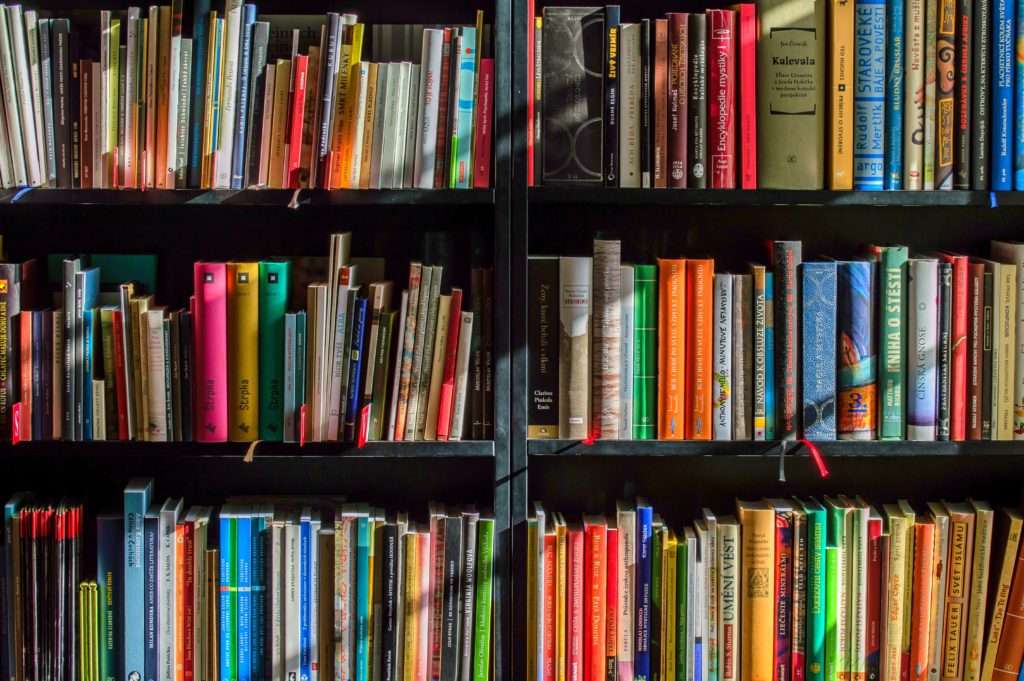
04 Jan A Lot of Reading “Skill” is Really Knowledge
I’m excited to share this post I wrote in conversation with the team at InnerDrive.
A lot of us tend to look to research for answers. Definitive. Trustworthy. An Oracle.
If only!
I’ve come to think of research a bit more like my parents: helpful at showing better ways to do things, superior at pointing out the things we’re doing wrong.
In terms of reading comprehension, that’s been the story of the past few decades, supercharged in recent years by reporting by journalists like Emily Hanford and Natalie Wexler. The connection between knowledge and reading is a great case in point.

For years, English teachers toiled under the mistaken notion that isolating generic skills (e.g., “inferencing”) was the most surefire way to boost comprehension. It made a kind of sense: if comprehension tests asked questions about main idea, we could reverse engineer questions and teach the skill. It felt like science!
That is, of course, until the scientists weighed in. As it turns out, isolating skills doesn’t work. Instead, research suggests that a good chunk of what we perceive as reading ability is knowledge in different clothes.
Perhaps the most famous research on this topic is the “baseball study.” In it, researchers compared more than 600 young teenagers reading a passage about a half-inning of a baseball game. The students had different skill levels and different knowledge of the sport. Here’s the gist: students with low skill but high baseball knowledge outperformed the skilled readers who didn’t know much about the sport.
In other words, the more you know about something, the easier it is to read about it. Knowledge helps readers better organize new material, develop stronger inferences, and make more efficient use of their working memories (freeing up brain power for comprehension).
Even more fascinating: comprehension isn’t just supported by knowledge in specific cases with specific passages, but it appears to correlate with students’ general knowledge about the world, at least for younger readers. In that sense, the more kids read, the more knowledge they build, and the more knowledge they build, the easier it is to read!
Having amassed increased prominence in recent years, these ideas call on all of us to reconsider how we teach and assess literacy. For example:
· As we design lessons, teachers might build knowledge to give students access to more complex texts. For example, we might begin a lesson by defining or reviewing a key concept related to the day’s reading. We could have students read less-complex materials on a topic before leveling up to the harder stuff.
· We could – as we plan units – be far more deliberate about how and when we insert knowledge to prevent or respond to students’ reading struggles. To wit, there’s a moment in The Great Gatsby where a party goer revels in his library by calling him “a regular Belasco” who “didn’t cut the pages.” Knowing that this means the library is staged, and the books have never been read, makes all the difference in analysis.
· When it’s time to generate a scope and sequence, leaders might help map and sequence curricular materials so that knowledge builds over time, even across courses. Many English teachers don’t have a clear sense of, say, what students learned in history two years ago, but a well sequenced, cohesive curriculum could change that. At the very least, the research we have challenges the practice of trimming primary grades’ science and history class time from the schedule.
· Most dramatically, policymakers might think a bit more deeply how we assess reading in the first place. If my knowledge of a topic dramatically affects how well I understand a passage on it, wouldn’t standardized tests essentially be – at least in part – assessing how much I happen to know about whatever random topic they choose? The answer appears to be yes.
None
of this is to say knowledge is the only thing that matters in
comprehension – it’s not! – just that our instruction needs to factor it in. (That’s what the researchers themselves
suggest at the end of the baseball study.)
It’s
true – the research has complicated our picture of reading comprehension and
left us with lots of new questions. But
I hope you aren’t feeling too cross: like my parents giving me feedback, the
science is doing its best in the best way it knows how.
Research
is slow, it’s rarely definitive, and it’s not particularly great at isolating
practices within a classroom setting. It often takes decades to replicate, and
even then we often get clarity on a small thing, under specific conditions. It’s
hard to do randomized control trials in schools, especially with things like
knowledge building where the effect might build over years.
So
while we have intriguing correlations, we don’t yet have experimental,
replicated research that promises a knowledge building curriculum will lead to
long-term gains. And we don’t have our arms around how much or which knowledge
is most useful for students. (As you might imagine, attempting to create such a
list is rightly fraught).
But
if teaching is about making smart bets, leveraging what we do know about
knowledge and comprehension feels like a good wager. If we can’t have all the answers,
I’ll gladly settle for better questions.
I’d like to think my parents would approve.


